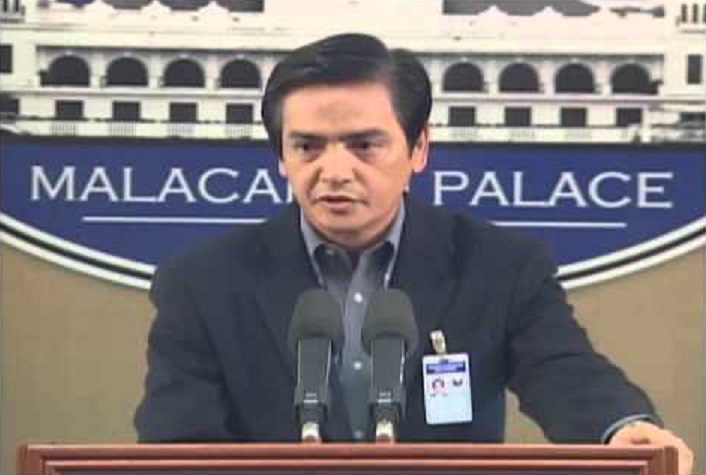Breaking
DFA: No Filipino casualty in the latest terror attack in Istanbul

DFA Spokesman and Assistant Secretary Charles Jose said Philippine embassy personnel combed all hospitals were victims were rushed including funeral parlor to check whether there were Filipino casualty, which proved negative. (YouTube screenshot)
MANILA—No Filipino was injured or killed in the shooting at an Instanbul night club that left more than 30 people dead, the Department of Foreign Affairs (DFA) on Monday said.
Two unidentified gunmen wearing Santa Claus costume opened fire on New Year revellers at a packed nightclub on the shores of Istanbul’s Bosphorus waterway on Sunday killing 39 people, including many foreigners.
“So far, there are no reports of any Filipino casualty in the Istanbul nightclub shooting,” Department of Foreign Affairs (DFA) Spokesman and Assistant Secretary Charles Jose said in a text message to the Philippine News Agency.
Jose said Philippine embassy personnel combed all hospitals were victims were rushed including funeral parlor to check whether there were Filipino casualty, which proved negative.
Most of the survivors jumped into the nearby Bosphorus waters to save themselves after the attacker opened fire at random in the Reina nightclub just over an hour into the new year. There are reports that the attackers shouted in Arabic as they opened fire at Reina.
Turkey is part of the US-led coalition against Islamic State and launched an incursion into Syria in August to drive the radical Sunni militants from its borders. It also helped broker a fragile ceasefire in Syria with Russia.
Reports gathered shows that 15 or 16 of those killed at Reina were foreigners but only 21 bodies had so far been identified, 69 people were in hospital, four of them in critical condition.
Nationals of Saudi Arabia, Morocco, Lebanon, Libya, Israel and Belgium were among those killed, officials said. French men in the bloody attack were wounded.
The New Year’s Day attack came five months after a failed military coup, in which more than 240 people were killed, many of them in Istanbul, as rogue soldiers commandeered tanks and fighter jets in a bid to seize power.
More than 100,000 people, including soldiers and police officers, have been sacked or suspended in a subsequent crackdown ordered by Erdogan, raising concern both about civic rights and the effectiveness of Turkey’s security apparatus.
On Dec. 28, the Nashir Media Foundation, which backs Islamic State, urged sympathizers to carry out attacks in Europe during the holiday period and to “replace their fireworks with explosive belts and devices, and turn their singing and clapping into weeping and wailing”.
A month ago, a spokesman for Islamic State urged supporters to target “the secular, apostate Turkish government”.
Turkey has seen repeated attacks in recent weeks. On Dec. 10, two bombs claimed by Kurdish militants exploded outside a soccer stadium in Istanbul, killing 44 people.
A car bomb killed at least 13 soldiers and wounded 56 when it ripped through a bus carrying off-duty military personnel in the central city of Kayseri a week later, an attack Erdogan also blamed on Kurdish militants.
The Russian ambassador to Turkey was shot dead as he gave a speech in Ankara on Dec. 19 by an off-duty police officer who shouted “Don’t forget Aleppo” and “Allahu Akbar”.
In June, around 45 people were killed and hundreds wounded as three suspected Islamic State militants carried out a gun and bomb attack on Istanbul’s main Ataturk airport.





















